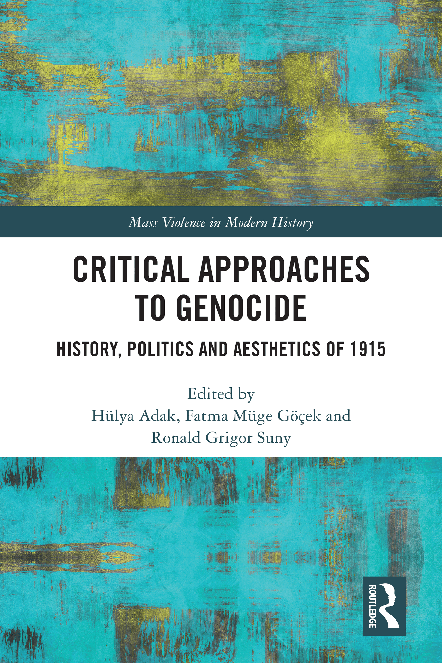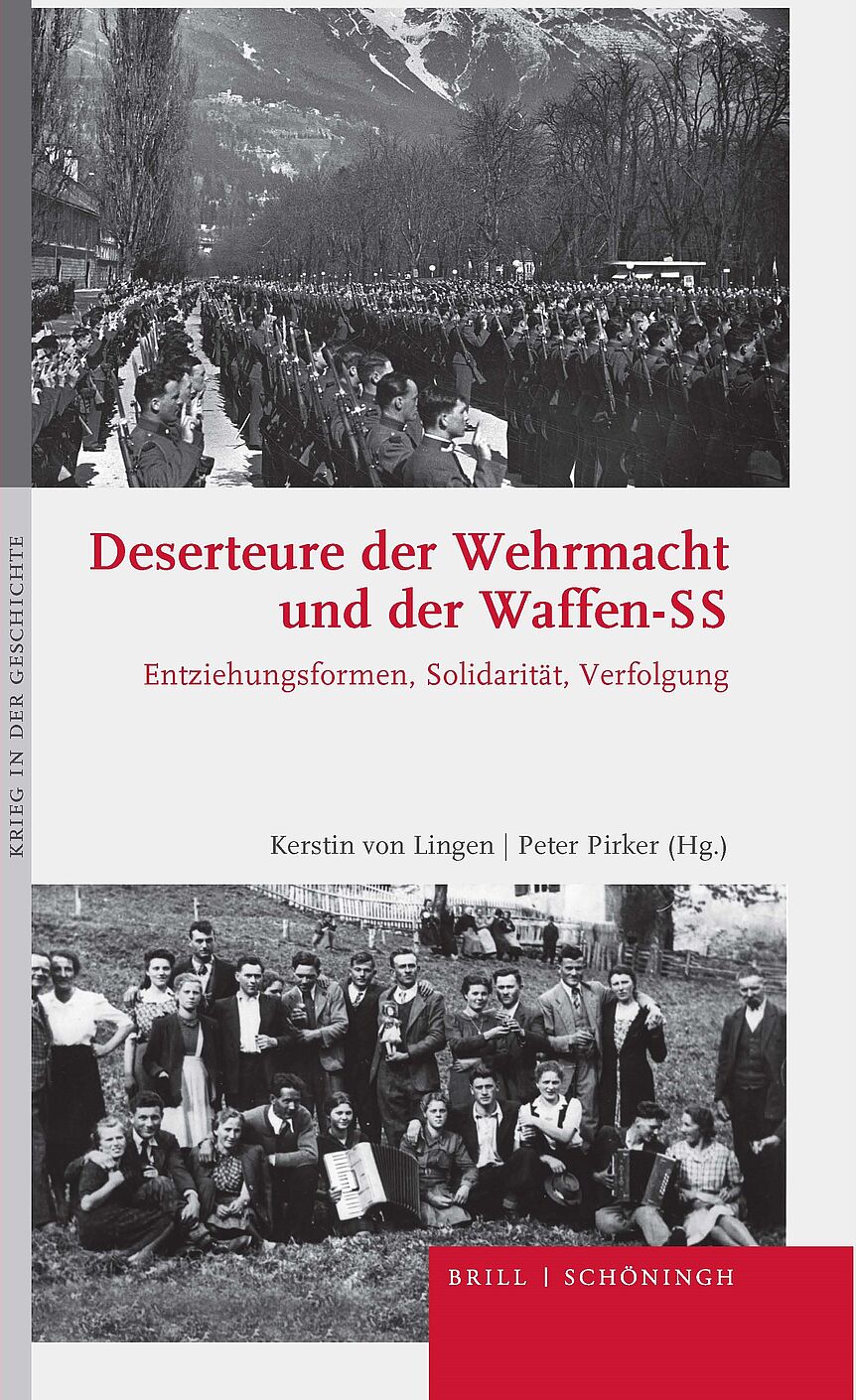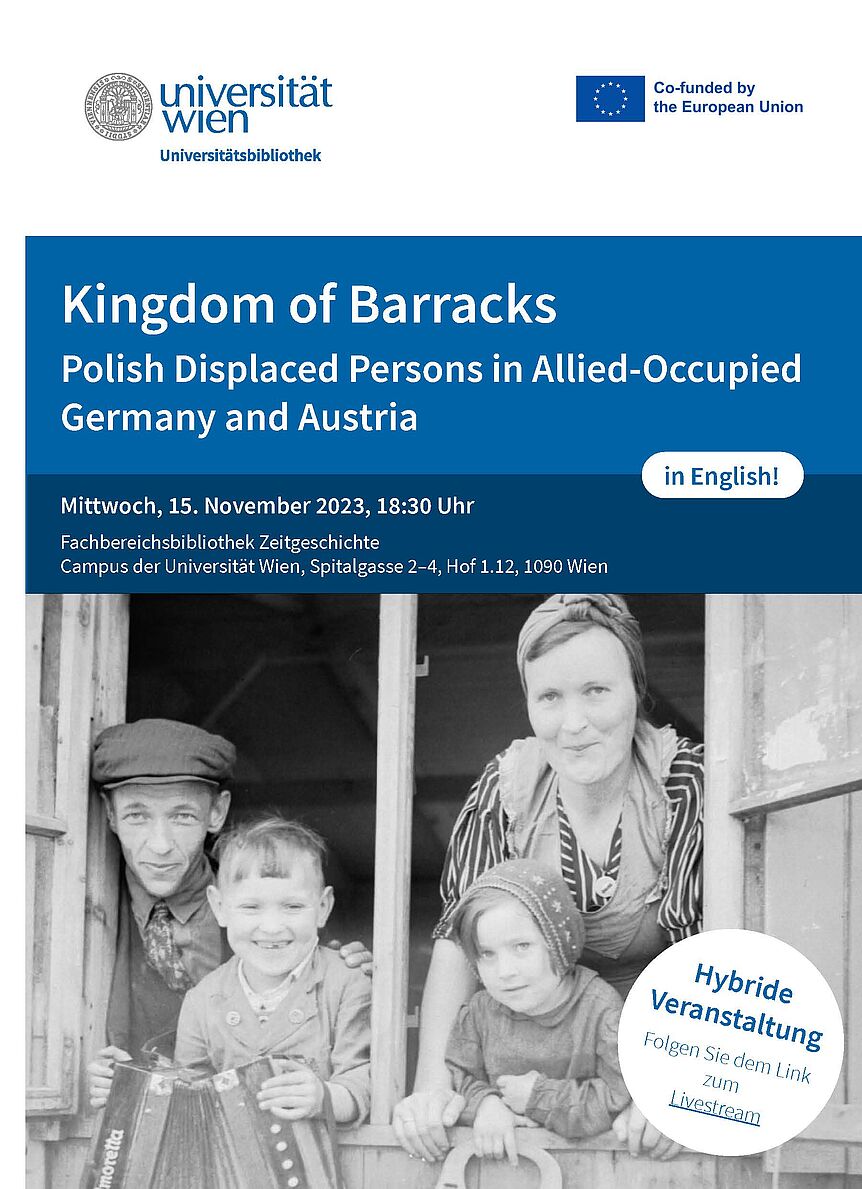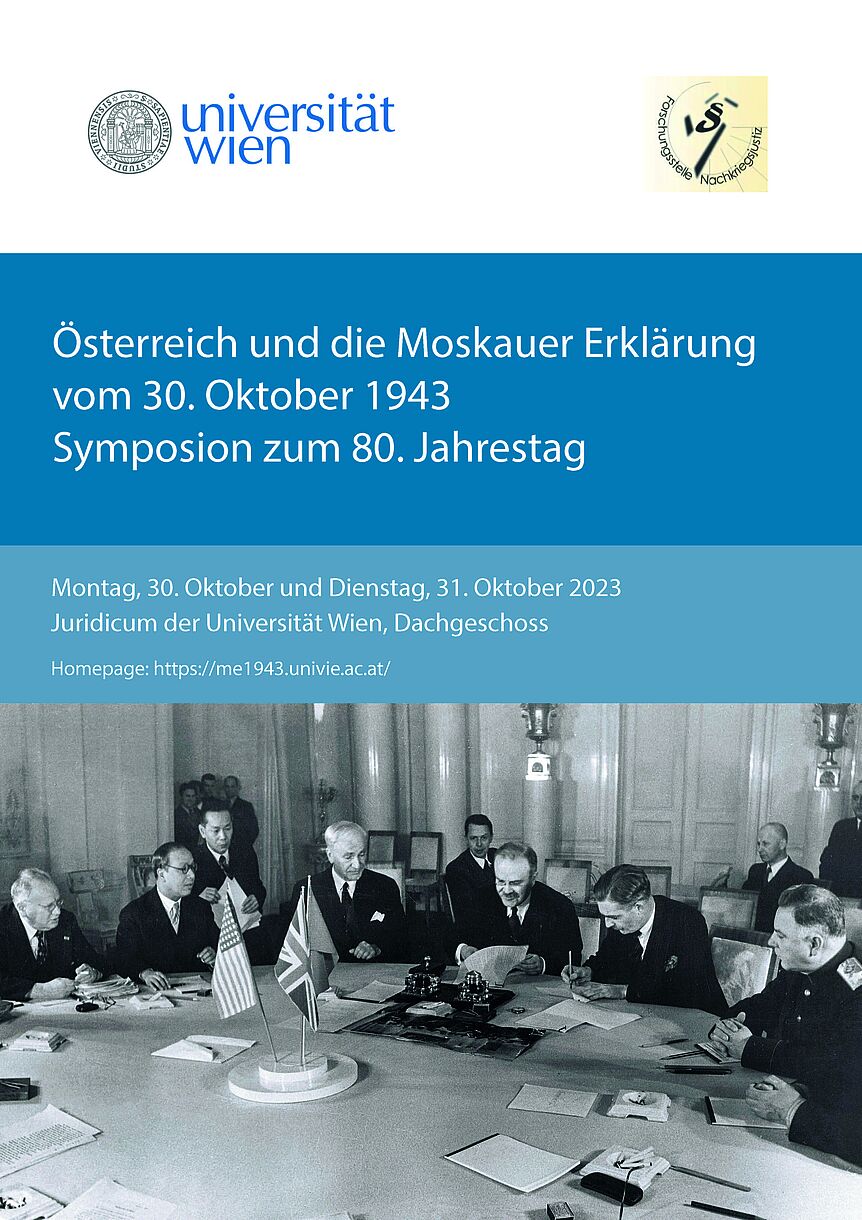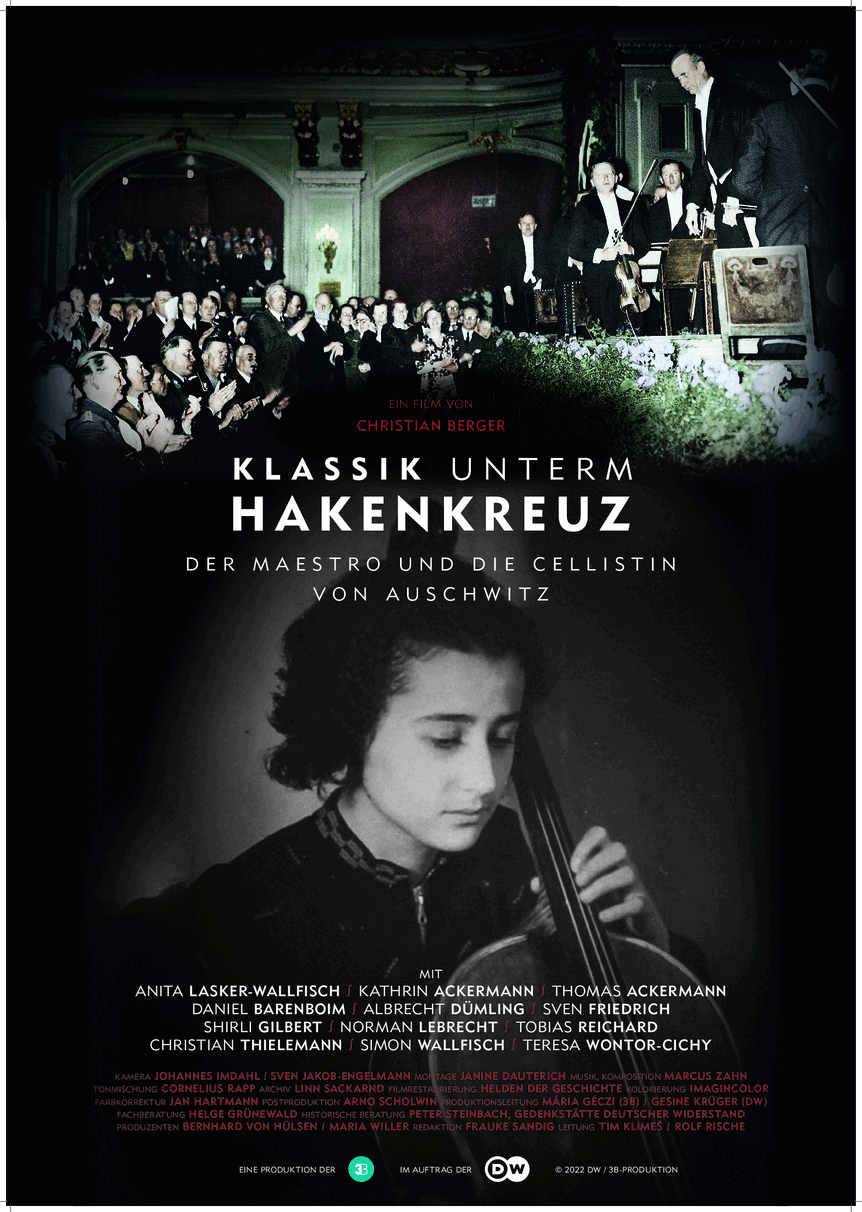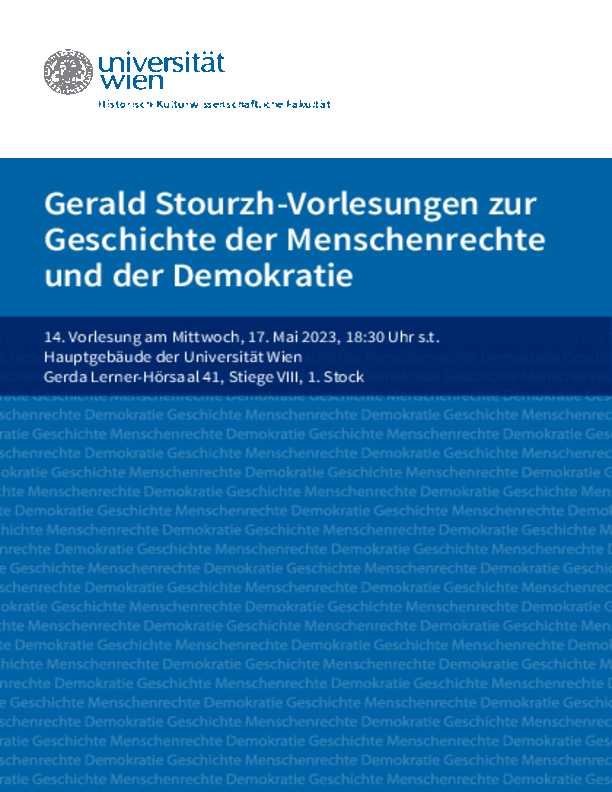About the key research area
The geographical focus of the key research area Dictatorships, Violence, Genocides is on Europe, particularly Eastern Europe. In terms of time, the focus is on the 20th century, which was characterised by genocide and other mass crimes. The period of the world wars is being examined in terms of its international interdependencies and societal contexts, as is the era of the so-called Cold War. Particular importance is attached to the study of National Socialism and the Holocaust, as well as Stalinism. However, the key research area is also interested in the rapid and violent process of decolonisation and its significance for the restructuring of international political relations. Other relevant topics include post-dictatorship transformation processes and their (legal) political, social and cultural consequences. In this context, special attention is paid to the efforts of many countries after the upheaval of 1989/90 to come to terms with the transition from dictatorship and tyranny and to create a new social order in order to understand the social consequences of terror and human rights violations.
The key research area is characterised by a broad spectrum of interests and a variety of methodological approaches; topics and methods are firmly anchored in teaching. Researchers exchange ideas on relevant topics across the faculty's institutional boundaries, regularly organising workshops, public lectures and conferences, also with international guests.

